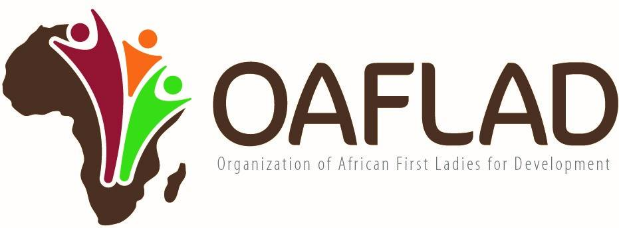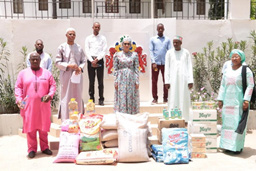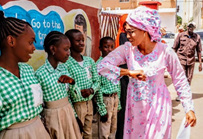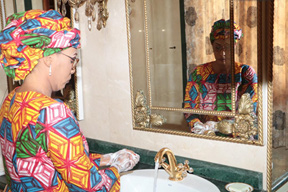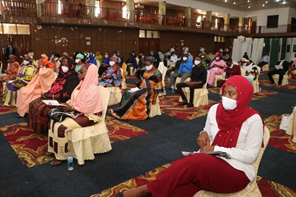ACTIVITIES
• Interventions at community level with a special focus on women and children relative to COVID-19
• Interventions to equip frontline health workers relative to COVID-19
• Mental health care and psychological counseling amid COVID-19
• Creating awareness on COVID-19
• Ending/Reduction of Gender Based Violence. Efforts towards reducing the number of women that are subjected to physical violence
• Empowerment of victims/survivors of GBV
• Women’s Empowerment proposal in agriculture
RESULTS OBTAINED
• Madam Barrow recently launched the first ever National Gender-Based Violence Helpline 1313, as well as a Children’s Hotline 199 in
The Gambia. The Ministry of Women, Children and Social Welfare established these hotlines with support from development partners including UNFPA, UNICEF and CEDAG. Both hotlines were set up to facilitate the reporting and management of cases, and to also respond to the needs of victims of violence such as rape, intimate partner violence and assault, among others. Services offered such as psychosocial,
first aid and counselling in response to users of the helplines, will go a long way in helping survivors recover from the trauma they experienced and help them reintegrate into their normal lives. The response has been overwhelming as women have been empowered and emboldened to reach out for help.
• The protection and facilities for victims of GBV is a major challenge. Therefore, three centres for survivors of domestic and/or gender based
violence are being established and/ or refurbished. Sewing machines have been donated to help GBV victims/survivors learn and develop skills that would help them to earn a decent living and lead to sustainable livelihoods.
• Women’s economic empowerment is the foundation for their overall development. As a possible solution for promoting women’s
empowerment, an agricultural scheme/ proposal has been developed and is currently under review, in partnership with the Ministry of Agriculture and a local technical partner. If successful, the scheme seeks to empower rural women in the Gambia to take advantage of the transformational opportunities in local rice production. It is designed to recruit, train, support and integrate 30,000 rural women into the rice value chain over the next five years.
